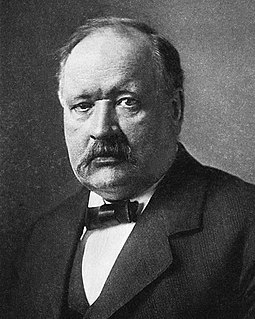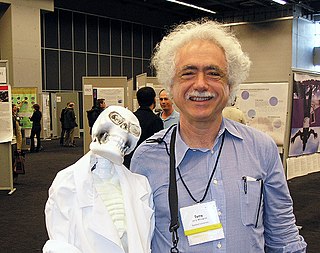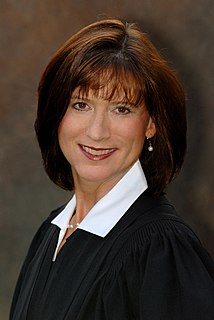A Quote by Tony Fadell
Computers are great tools, but they need to be applied to the physical world.
Related Quotes
There is a great need for a new approach, new methods and new tools in teaching, man's oldest and most reactionary craft. There is great need for a rapid increase in the productivity of learning. There is, above all, great need for methods that will make the teacher effective and multiply his or her efforts and competence. Teaching is, in fact, the only traditional craft in which we have not yet fashioned the tools that make an ordinary person capable of superior performance. In this respect, teaching is far behind medicine, where the tools first became available a century or more ago.
In the way that scepticism is sometimes applied to issues of public concern, there is a tendency to belittle, to condescend, to ignore the fact that, deluded or not, supporters of superstition and pseudoscience are human beings with real feelings, who, like the sceptics, are trying to figure out how the world works and what our role in it might be. Their motives are in many cases consonant with science. If their culture has not given them all the tools they need to pursue this great quest, let us temper our criticism with kindness. None of us comes fully equipped.
The theoretical side of physical chemistry is and will probably remain the dominant one; it is by this peculiarity that it has exerted such a great influence upon the neighboring sciences, pure and applied, and on this ground physical chemistry may be regarded as an excellent school of exact reasoning for all students of the natural sciences.
We're not in the physical world. The physical world is in us. We create the physical world when we perceive it, when we observe it. And also we create this experience in our imagination. And when I say "we," I don't mean the physical body or the brain, but a deeper domain of consciousness which conceives, governs, constructs and actually becomes everything that we call physical reality.
If you are deaf, you need captions for spoken elements. If you are blind, you need voiced descriptions of Web contents and spoken renderings of e-mail. The range of physical disabilities is very large, and we need many different tools to overcome the consequential barriers to Internet use. Let us commit ourselves to truly assuring that the Internet really is for everyone.
Many of the problems of poverty and need are really problems of physical infrastructure: not enough hospitals, too few schools, insufficient roads, bridges, and a lack of tools. This is what makes traditional philanthropy so daunting. You could build a thousand new hospitals in some parts of the world and barely make a difference.
Eventually, we need to have computers that work differently from the way they do today and have for the past 60-plus years. We're capturing and generating increasingly massive amounts of data, but we can't make computers that keep up with it. One of the most promising solutions is to make computers that work more the way brains work.





































